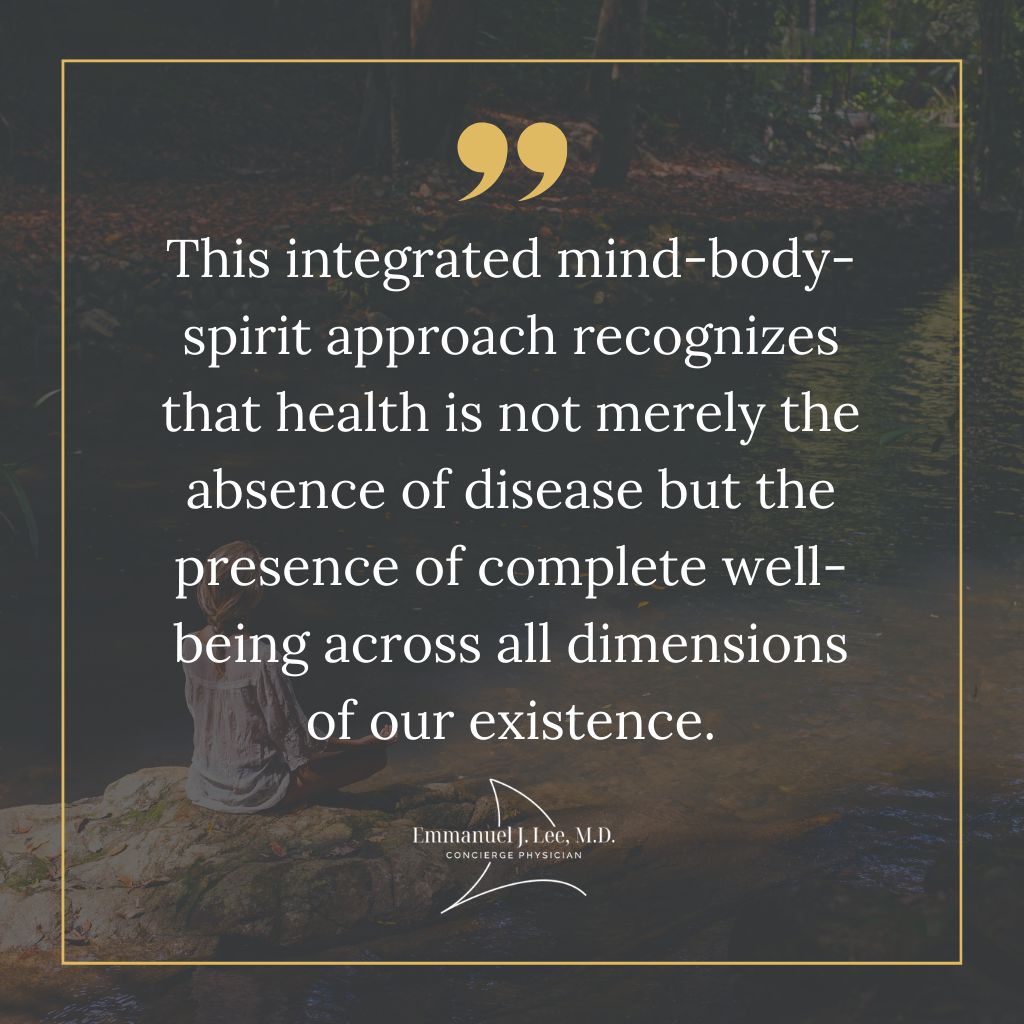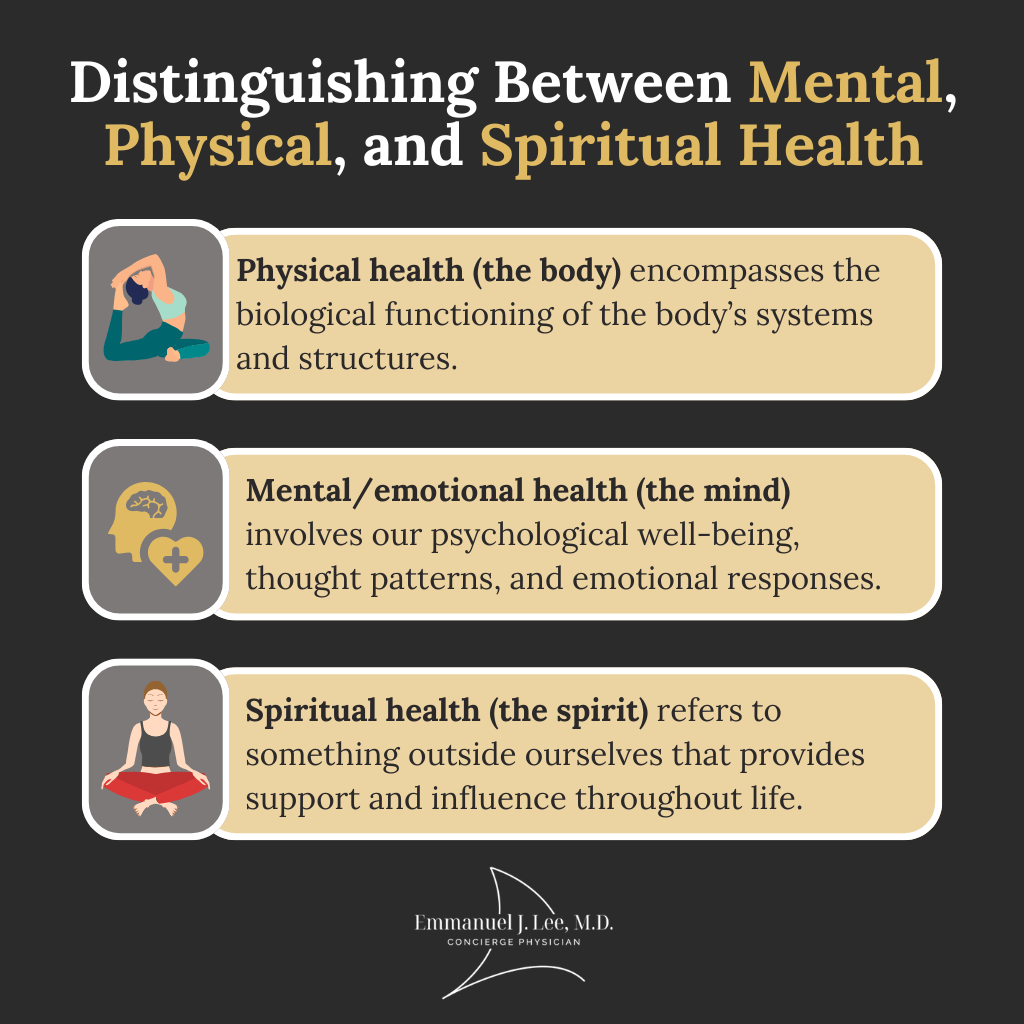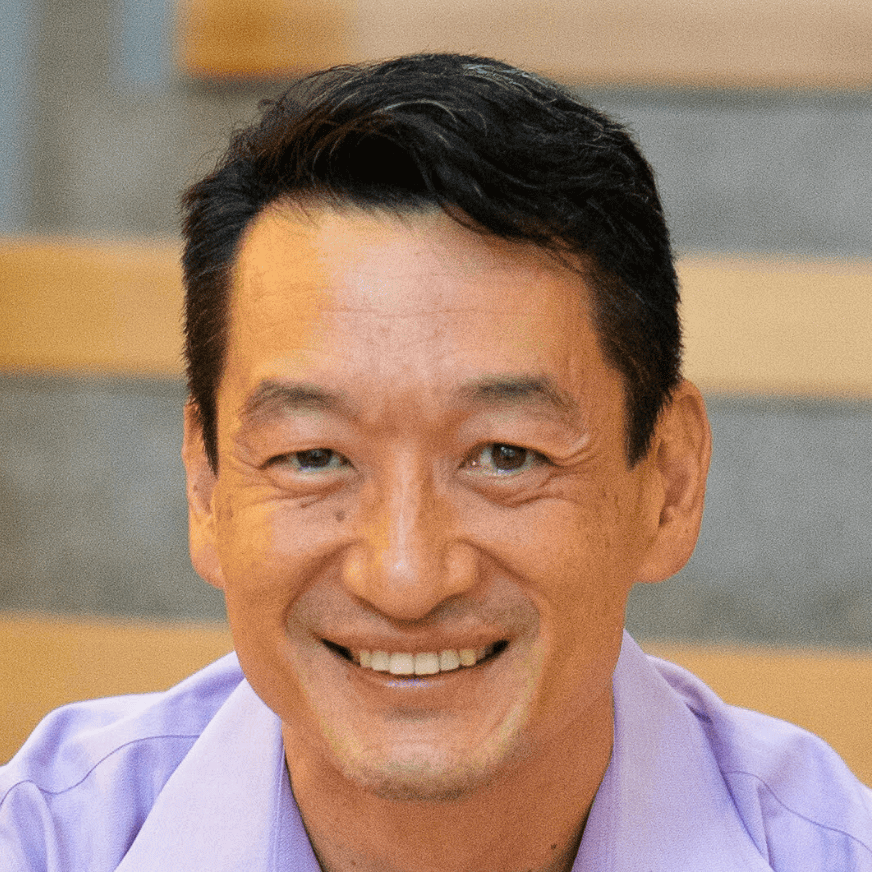When we discuss a “holistic approach” to health, it often refers to examining the whole body and all its systems.
However, this perspective often isn’t enough. True holistic health transcends the physical body to encompass the mind and spirit.
This integrated mind-body-spirit approach recognizes that health is not merely the absence of disease but the presence of complete well-being across all dimensions of our existence.

Understanding the Mind-Body-Spirit Integration
Human beings are uniquely complex. We’re not simply a collection of organ systems contained within a physical form.
Our complexity necessitates a comprehensive approach to health that addresses our emotional, spiritual, and physical needs. Each dimension influences the others in ways modern medicine is only beginning to appreciate.
The conventional healthcare system often reduces patients to their symptoms, prescribing medications without addressing imbalances across the body-mind-spirit spectrum. This reductionist approach may temporarily alleviate symptoms, but it rarely leads to lasting wellness.
In my former practice, where I managed nearly 3,000 patients, I met countless individuals caught in cycles of progressive medication management who never achieved true health. Time constraints made it impossible for me to address the connections between these individuals’ physical symptoms and emotional or spiritual well-being.
One particularly memorable case of mind-body-spirit transformation involved a woman in her 40s struggling with diabetes, hypertension, and high cholesterol.
When I met her, she described feeling trapped in a downward spiral — depressed, worried, and taking multiple medications. She thought the healthcare system was failing her by only providing prescriptions without addressing her as a whole person.
This patient had drifted away from her church community, and at what she described as “the bottom of the slope,” she returned and reconnected with that support system. When I saw her again nine months later, her transformation was remarkable.
In that brief period, thanks to her spiritual community’s support, she had eliminated the need for all medications. Her blood glucose levels, blood pressure, and cholesterol had normalized. She attributed this profound change to her spiritual reconnection, which alleviated her depression and sense of desperation. This mental shift led her to begin exercising and eating healthily.
This wasn’t a “magical” healing that occurred in a single moment. It resulted from a progressive journey that began with spiritual reconnection, which improved her emotional state, which then motivated positive physical behaviors. The integration of all three dimensions — body, mind, spirit — created a foundation for healing.
The Spiritual Component of Health
When discussing the spiritual element of health, I’m mindful that this concept carries different meanings for different individuals.
I’m not necessarily referring to specific religious doctrines — rather, I’m acknowledging that modern medicine and hard science don’t possess all the answers. Sometimes health transformations occur that conventional scientific frameworks can’t fully explain. For the patient in the example above, spirituality meant connecting with the idea that she wasn’t alone — that a higher power supported her in her time of desperation.
However, spirituality isn’t a prerequisite for wellness. If you identify as agnostic or nonreligious, that orientation is compatible with optimal health. The spiritual dimension is simply one component of the health journey that looks different for each individual.

Distinguishing Between Mental, Physical, and Spiritual Health
While the mind, body, and spirit are interconnected, they maintain distinctive qualities:
- Physical health (the body) encompasses the biological functioning of the body’s systems and structures.
- Mental/emotional health (the mind) involves our psychological well-being, thought patterns, and emotional responses.
- Spiritual health (the spirit) refers to something outside ourselves that provides support and influence throughout life.
Common Misconceptions About the Body-Mind-Spirit Approach
A frequent misunderstanding I encounter involves equating the mind-body-spirit approach with “magical thinking” — the notion that addressing spiritual aspects automatically resolves physical ailments.
This misconception mischaracterizes the mind-body-spirit approach. As with my 40-year-old former patient, the spiritual component isn’t a mystical element that supersedes scientific principles or presents a miracle cure. Rather, it’s an additional dimension that complements physical and mental healthcare approaches.
For some, the spiritual aspect manifests through formal religious practice. For others, it’s expressed through community connections, time in nature, meditation, or philosophical exploration.
Some physicians frame this as mental health, physical health, and social/spiritual health, recognizing that connection with others is a crucial component of complete wellness. The social and spiritual elements often intertwine, as they both involve relationships — with family, friends, coworkers, etc.
Personalizing the Body-Mind-Spirit Approach
As a physician, I assess each patient’s orientation toward these different dimensions during our initial consultation. Some individuals respond primarily to analytical approaches and data-driven recommendations; others are more receptive to discussions about emotional or spiritual factors.
I tailor my guidance accordingly, emphasizing different aspects of the body-mind-spirit framework based on individual preferences and needs. This personalized approach represents one of concierge medicine’s primary advantages — the ability to understand each patient comprehensively and adapt care strategies to their unique perspective.
Through extended time and deep conversations with patients, I determine which aspects of the mind-body-spirit approach resonate most effectively for each individual.
Whole-Person Health: The Ultimate Goal
My objective isn’t just to create physically healthy patients. I aim to support whole-person health — helping individuals achieve their potential across all dimensions of wellness. A truly healthy life requires balance and attention to physical, mental, and spiritual well-being.
Think of health as a three-legged stool — remove any leg, and stability becomes impossible. Similarly, neglecting any aspect of the body-mind-spirit triad limits your capacity for complete wellness. My healthiest patients demonstrate strength in all three areas, achieving health objectives that transcend purely physical metrics.
Start Your Mind-Body-Spirit Journey Today
To take the first step in your mind-body-spirit journey, consider these questions:
- Does your healthcare approach address all aspects of the mind-body-spirit triad?
- Have you noticed connections between your emotional state and physical symptoms?
- What spiritual or community practices provide you with support and meaning?
- Are there imbalances across these dimensions that might affect your overall health?
If your answers reflect a lack of mind-body-spirit integration, it may be time to partner with a physician who emphasizes holistic health. If you’re interested in using the mind-body-spirit approach to unlock your full health potential, contact my practice today. I’ll get you on the right track.






